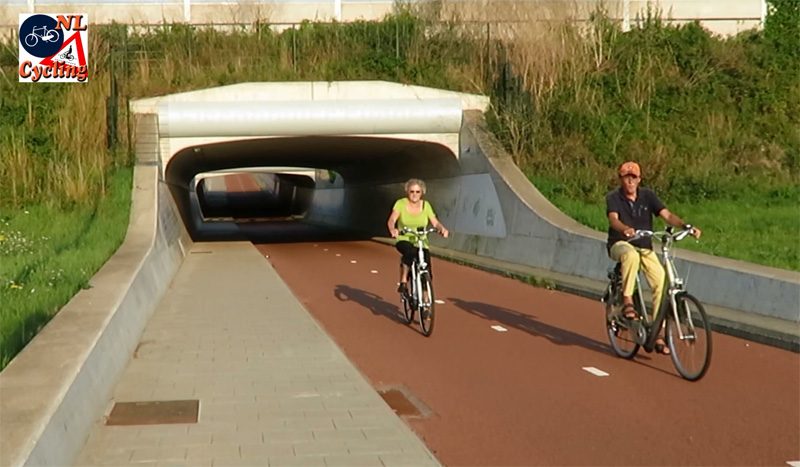The issue is that neither the police nor the traffic courts enforce "small" speeding amounts. Demerit points aren't applied for under 16 km/h over the limit, and police routinely write larger offenses down to that level. As does the Crown at pre-trial. The whole system is pretty jaded and no one wants to appear "picky" about small stuff. Our culture really breeds speeding as a norm.
There are many jurisdictions in the US where police enforce at as little as 8km over the limit, and where the fines and points deduction begin immediately at that level. The police system is so granular in the US that you are never sure what local cop - or local judge - will handle your case, and one doesn't assume leniency - if anything one doesn't want to tangle with the system at all. It's not necessarily a pretty system, but it does produce safer drivers. Outside of urban centers, where freeways can be crazy, I see far fewer aggressive drivers when I drive in the US. A little fear can be a good thing sometimes.
Personally, I do believe that raising the limits in Ontario will lead to even higher speed driving, unless we address this culture when we raise the limits. Start the demerits at 125 km/h, use photo radar intensively and set it at 125 km/h. Reeducate the police, curb their discretion, and give direction to the courts in the law so enforcement stays focussed.
- Paul










